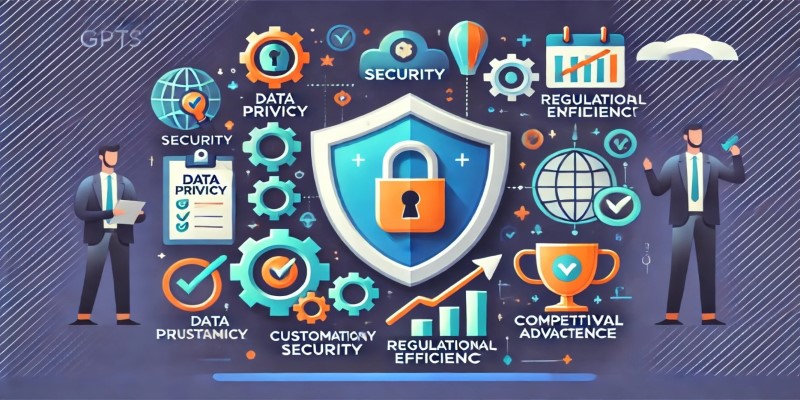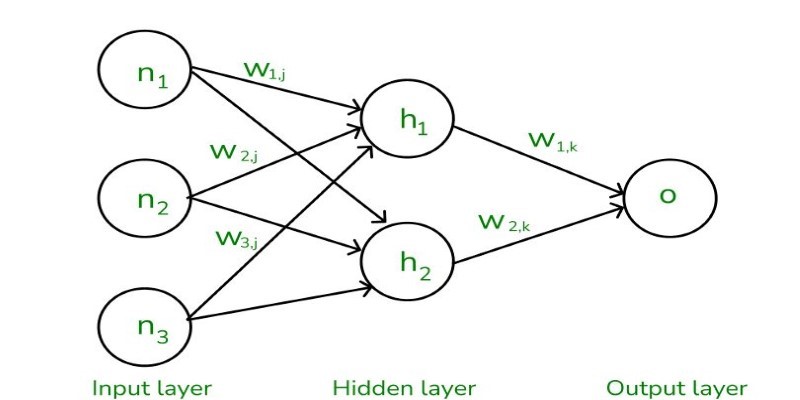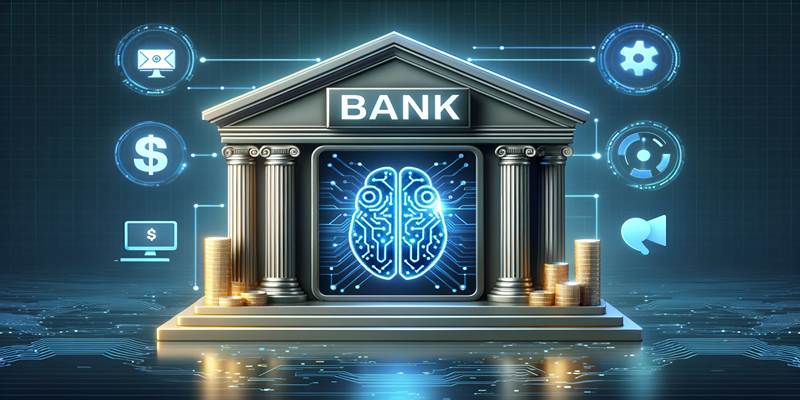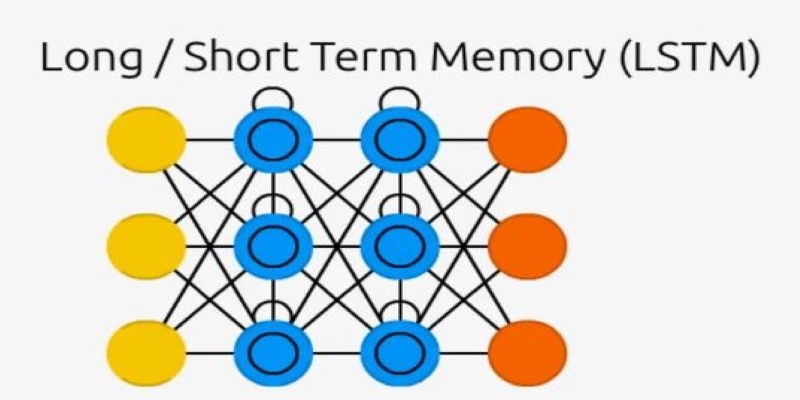When you interact with Custom GPTs, you might not think twice about the information you're sharing. Maybe it’s your email address, a client’s project brief, or a private conversation you're summarizing. It feels like you're just chatting with a helpful tool. But what if that “helpful tool” is storing more than you realized—and someone else is behind the wheel?
These personalized versions of ChatGPT are designed to cater to very specific needs. From planning events to analyzing legal documents, they’re made to be sharp, focused, and efficient. But with that custom touch comes something many users don’t think about right away: exposure. And not just the general, vague kind. We're talking about real, direct risks to your personal, professional, or client-related data. Let’s break it down.
What Custom GPTs Actually Store
When you're using a Custom GPT, it's easy to assume everything is locked up tight. However, the way these models are set up means developers can configure memory, upload files, and access certain kinds of metadata. In simple terms, whatever you give, the model might stick around longer than you expected—and not just in a technical sense.
Here’s how:
Persistent memory (if enabled): This lets the GPT “remember” past interactions. Great for convenience, risky for privacy.
Custom instructions from developers: A GPT creator can preload information or change how the model behaves. If they ask for your data and you give it, they can access that input unless safeguards are in place.
File uploads: Some Custom GPTs accept files to help with tasks. The model can process these documents, but where they end up afterward is a bit murky.
All of this doesn’t mean every Custom GPT is a threat. But it does mean users should stop assuming all of them are safe by default.
Where the Risks Show Up
The biggest issue is trust, not with OpenAI as a platform but with the people creating the GPTs. Think of it like installing a third-party browser extension—it works within a trusted system, but what it does under the hood is anyone's guess.

Sensitive Information in the Wrong Hands
Let's say you're working with a GPT that helps write legal templates. You drop in client names, case details, and timelines. That's information that could be used against you or your client if it's not properly handled.
Training on Your Inputs
Depending on the settings, your data might be used to improve the GPT. This isn't necessarily bad unless it's done without your knowledge or in contexts where privacy matters.
No Clear Boundaries
Most users don’t know whether a Custom GPT retains memory. And developers don’t have to clearly state what they’re collecting or storing. It’s a silent exchange where you're giving away more than you thought—sometimes permanently.
How to Tell If a GPT Might Be Risky
OpenAI does require developers to follow certain rules. But just like in any open system, enforcement isn't always tight. So, how do you spot red flags?
- Too Many Questions, Too Soon: If a Custom GPT starts asking for personal info early in the conversation—without context or reason—that’s a warning sign.
- Requests for Uploads: Be cautious with GPTs that immediately ask you to upload documents or images.
- No Info on the Developer: If there’s no clear explanation of who made the GPT or what it does with your data, don’t assume the best.
Also, check if the GPT has memory turned on. You’ll usually find this in the system message or the side panel in the app. If it says it remembers conversations, that means it’s storing what you say across sessions.
Keeping Your Data Safe Without Losing Access
Now, this doesn’t mean you should avoid Custom GPTs altogether. They’re useful and, in many cases, harmless. But you should treat them the same way you treat any third-party app or extension—with a little skepticism and a lot more control.

Use General Language
If you're working with sensitive material, try to avoid specifics. Instead of saying, “My client John Smith from ABC Corp needs this contract,” say, “A client in the finance industry needs a standard contract.” Keep it vague, especially early on.
Disable Memory (When You Can)
If you're the one creating a Custom GPT, you can entirely turn memory off. And if you're just using one, check if memory is enabled—and avoid GPTs that don't make that clear.
Don’t Upload Private Files
Unless you're 100% sure about how the file will be used, don’t share it. If you need to analyze a document, consider stripping out names and sensitive numbers first.
Review the Developer Info
Click on the GPT’s name in the app and see who built it. If it’s tied to a business or person you recognize, that’s one thing. If it’s anonymous or vague, be careful.
Use Temporary Email Addresses or Placeholder Names
When testing out new GPTs, don’t give out your real details. Use stand-ins until you trust what you’re working with.
Final Thought
Custom GPTs are like personalized assistants—they're helpful, fast, and easy to get used to. But when you're typing into a tool made by someone else and potentially logging sensitive information without even realizing it, a little caution goes a long way. Always ask yourself: Do I really want this data living in someone else’s model? If the answer is no, then either don't share it—or strip it down until it's safe. You can still get the help you need without leaving the door wide open. Remember, protecting your privacy doesn’t mean sacrificing convenience. A bit of mindfulness can go a long way in keeping your data secure while still benefiting from AI's capabilities.











